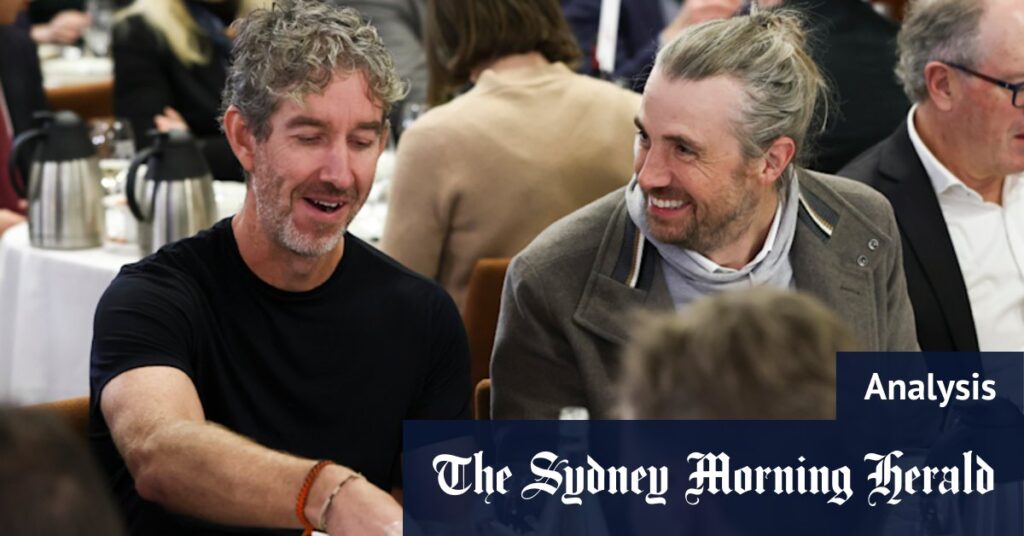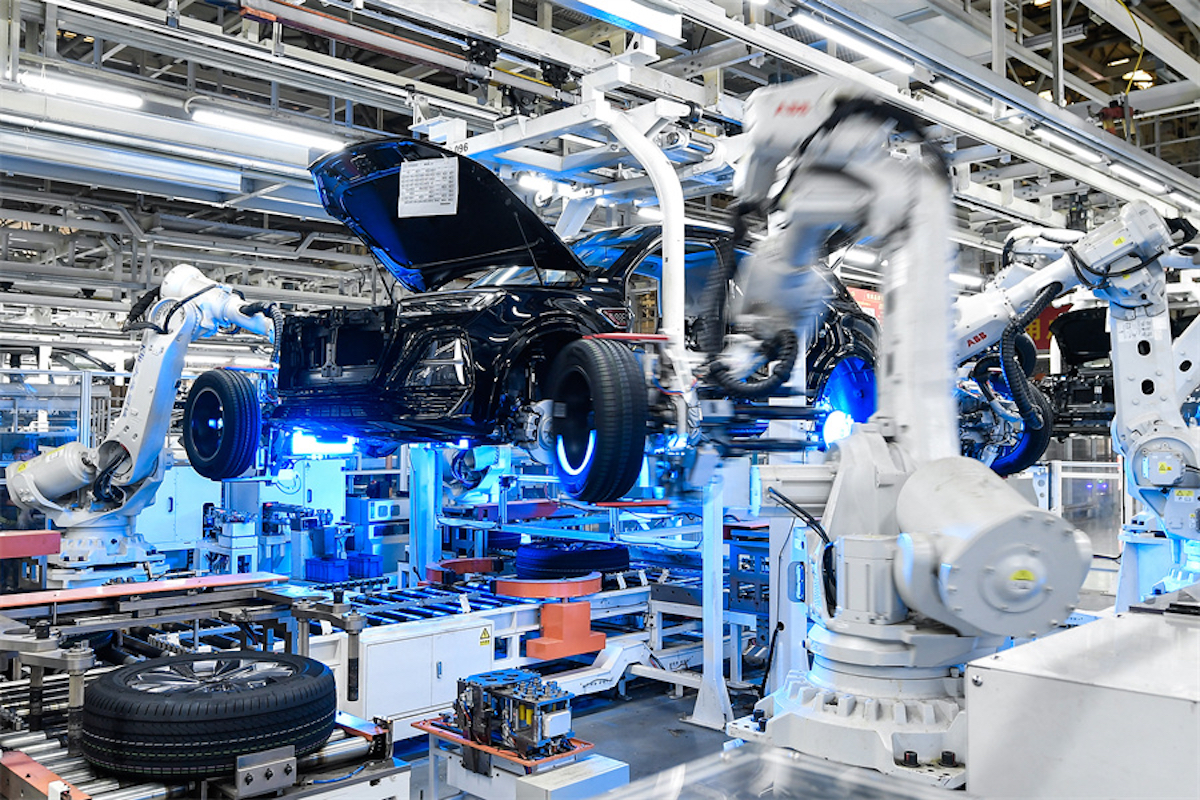
In the ever-evolving landscape of the tech industry, Atlassian co-founders Mike Cannon-Brookes and Scott Farquhar find themselves at a pivotal juncture. As the company’s valuation faces a downturn and the tech sector grapples with its “key man risk,” the duo’s leadership is under scrutiny. This challenge is emblematic of a broader issue within tech, where charismatic founders often overshadow the companies they build.
Atlassian, a $75 billion enterprise born from a credit card-funded startup, has thrived under the co-CEO model of Cannon-Brookes and Farquhar. However, the company’s recent struggles, including a nearly 20% drop in share value this year, contrast sharply with the overall US Nasdaq’s 10% rise. This financial pressure is compounded by the need to maintain innovation without alienating its extensive user base.
The “Key Man Risk” in Tech
The tech industry is no stranger to influential personalities. Figures like Elon Musk and Mark Zuckerberg have become synonymous with their companies, raising concerns about the “key man risk” should they depart or face controversy. Farquhar, addressing this issue, draws an analogy with pop icon Taylor Swift, suggesting that while such figures have an outsized impact, succession planning is crucial for resilience.
“If you take Taylor Swift or other megastars in whatever field they do, they have a pretty outsized impact,” Farquhar explains. “I don’t think we should say that Taylor Swift should sing less of her songs. And I don’t think we should water down the brilliance of many tech founders.”
Despite these challenges, Atlassian’s co-CEO model has largely succeeded due to the complementary nature of its founders. Cannon-Brookes, the son of a wealthy Citibank executive, and Farquhar, who grew up in a less privileged environment, have managed to balance their differences. Their ability to operate independently while maintaining a shared vision has been a key factor in their longevity.
Current Challenges and Strategic Directions
For Cannon-Brookes, the immediate task is to stabilize Atlassian’s valuation and ensure continued innovation. This includes addressing the backlash from a recent software update, described by some as “arguably the worst in tech history.” Meanwhile, his personal interests in energy, sports, and sustainability add layers of complexity to his public persona, especially in light of criticisms regarding his private jet use.
Farquhar, on the other hand, is focused on broader strategic initiatives. At a productivity roundtable in Canberra, he aims to persuade government officials and industry leaders to position Australia as a prime data center hub for Southeast Asia. His advocacy for reducing regulatory barriers to AI and fostering a culture of risk-taking and entrepreneurship is crucial for Australia’s tech future.
“Australia punches above its weight in sport and Hollywood but remains embarrassingly close to irrelevant when it comes to tech,” Farquhar asserts. “It won’t be that way for too much longer if we can get our ideas across the line.”
Implications for the Future
The challenges faced by Cannon-Brookes and Farquhar are indicative of a larger narrative within the tech sector. As companies grow, the need for robust governance and succession planning becomes increasingly apparent. The Atlassian founders’ ability to navigate these challenges will not only impact their company but could also set a precedent for other tech giants grappling with similar issues.
Looking ahead, the tech industry must balance the influence of its charismatic leaders with sustainable business practices. For Atlassian, the path forward involves maintaining its innovative edge while addressing internal and external pressures. As Cannon-Brookes and Farquhar continue to steer the company through these turbulent times, their actions will undoubtedly shape the future of tech leadership.
In conclusion, the story of Atlassian’s founders is a testament to the complexities of modern tech leadership. Their journey underscores the importance of adaptability, strategic foresight, and the ability to inspire change within an industry that is constantly redefining itself.





